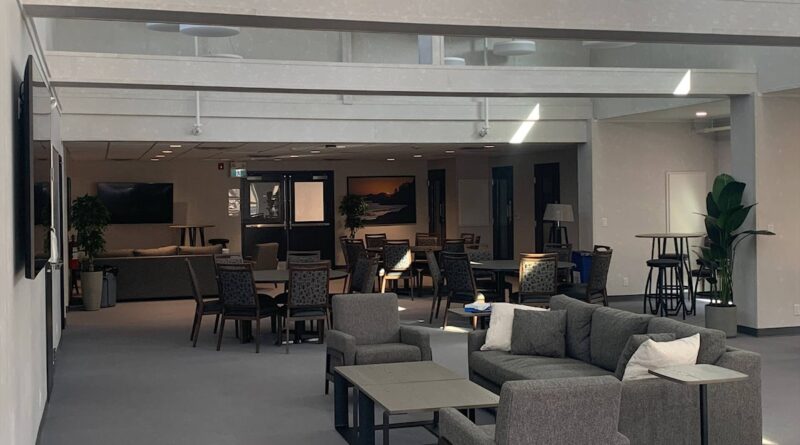More than 160 Albertans have been treated so far at Red Deer Recovery Community
The province is raising awareness of addiction and the mental health challenges Albertans face by once again recognizing September as Recovery Month.
“For the past six years, the Alberta government has celebrated recovery month. In September, we’re getting the message out that recovery is possible,” said Minister of Mental Health and Addictions Dan Williams in a statement.
“Since the last time we celebrated recovery month, significant work has been done to build Alberta’s Recovery Model. Having already supported 10,000 new addiction treatment centers and expanding the Virtual Opioid Dependency Program, the Alberta government has now opened three recovery cities, with eight more on the way.
Red Deer Recovery Community, a 75-bed facility, has treated more than 160 Albertans (special clients) since it opened in May 2023, according to a statement from the Minister’s office.
“The need for this comprehensive and life-saving treatment is high and Red Deer Recovery Community is always on a residential level for residents who stay for approximately three to five months,” the office said.
Residents can stay up to a year to receive services such as medical detox medication and opioid agonist medication as well as supports in skill development, relationship building, employment, finances and housing.
“Residents of the Red Deer Recovery Community come from all over the state. As more recovery communities open their doors, residents may be concentrated in the Red Deer area. Residents come from a variety of backgrounds, including former they are homeless or moving to one of the correctional health facilities.”
Operated by the Edgewood Health Network, the center is fully funded by the province and treatment is free for Albertans. For information about the EHN Red Deer Recovery Community visit www.edgewoodhealthnetwork.com.
Williams said the province is proud of the work it does and the relationships it builds.
“The world is watching Alberta as we expand services for treatment and recovery like no other power. While other provinces’ numbers are still very high, Alberta just marked its lowest month in the highest for opioid-related illnesses in more than four years by May 2024. This positive trend shows that with the right care and support, recovery is possible.”
September 1 also marked the launch of the new provincial health center Recovery Alberta which will be managed by Alberta Mental Health and Addiction.
More than 10,000 employees working in Alberta Health Services addiction and mental health, and correctional health services are moving to the new organization. They will continue to operate and manage contracts for approximately 1,650 psychiatric beds, 1,350 addiction and treatment beds, and health services for more than 4,800 people in 10 state correctional facilities.
The province said that having a provincial health agency to provide mental health and addiction services would allow for strategic planning and resource allocation to meet the needs of Albertans more effectively and correctly.
Janet Eremenko, Alberta NDP Critic for Mental Health and Addictions, warned that collaboration between Recovery Alberta and other health services, such as acute care, will worsen and running the system will become more difficult. .
“Instead of seeking to improve the health care system, the UCP government decided to dismantle it, incurring huge costs and resulting in reduced staffing, and mental stress to employees, patients and their families,” Eremenko said.
#Albertans #treated #Red #Deer #Recovery #Community
